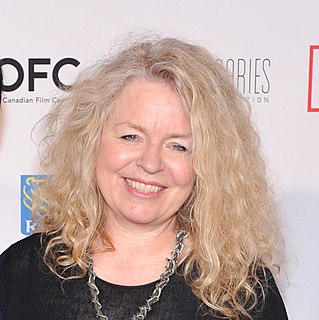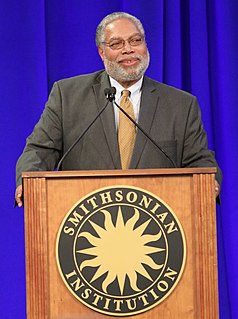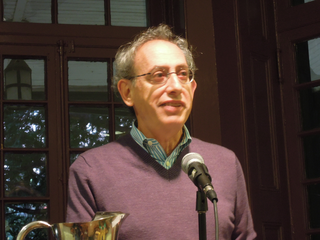A Quote by Patricia Rozema
Maybe it's the remnants of my religious upbringing, but I do try and insert a sense of social justice into the work. For instance, to me, Mansfield Park is a story about servitude and slavery. Other people may have a problem with that, but that's how I read the book and so that's how I shot the movie.
Related Quotes
What you and I might rate as an absolute disaster, God may rate as a pimple-level problem that will pass. He views your life the way you view a movie after you've read the book. When something bad happens, you feel the air sucked out of the theater. Everyone else gasps at the crisis on the screen. Not you. Why? You've read the book. You know how the good guy gets out of the tight spot. God views your life with the same confidence. He's not only read your story...he wrote it.
I read everything. I'll read a John Grisham novel, I'll sit and read a whole book of poems by Maya Angelou, or I'll just read some Mary Oliver - this is a book that was given to me for Christmas. No particular genre. And I read in French, and I read in German, and I read in English. I love to see how other people use language.
The story of slavery is everybody's story. It is the story about how we're all shaped by, regardless of race, regardless of how long we've been in this country. We hope that we can be a factor to both educate America around this subject but maybe more importantly help Americans finally wrestle with this, talk about it, debate it, because only through that conversation can we ever find the reconciliation healing that I think we all want.
Notice how every science fiction movie or television show starts with a shot of the location where the story is about to occur. Movies that take place in outer space always start with a shot of stars and a starship. Movies that take place on another world always start with a shot of that planet. This is to let you know where you are. Novels and stories start the same way. You have to give the reader a sense of where he is and what's happening as quickly as possible. You don't want to start the story by confusing the reader.
I made a conscious decision when I was writing that book to depict in real time how I treated it, and how I thought about it, and how I portrayed it to other people, because I wanted the story to be one of change from that to a more honest appraisal, a more accepting appraisal of myself and other people in that world.
It takes me about a week and a half to read the typical book. I don't know how many ten-day spans I have left. Eventually the unread books on my shelves will have to be abandoned, or they will join me on the pyre. The book I'm about to purchase may be among them. We all buy books we won't live to read.
When Paul [Greengrass] was writing, he'd send me story ideas that he had. He was particularly interested in social movements and revolutions that had been happening all over the world, and how computers and the internet had helped those movements. He encouraged me to read a book about Anonymous, the hacker group called "white hat" hackers, meaning they're driven by ideology and social disruption as opposed to just greed.
I read continually and don't understand writers who say they don't read while working on a book. For a start, a book takes me about two years to write, so there's no way I am depriving myself of reading during that time. Another thing is that reading other writers is continually inspiring - reading great writers reminds you how hard you have to work.





































